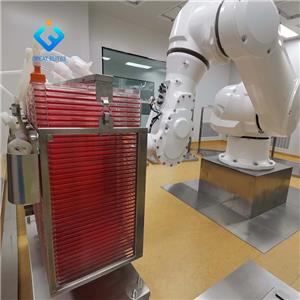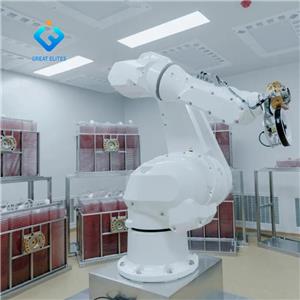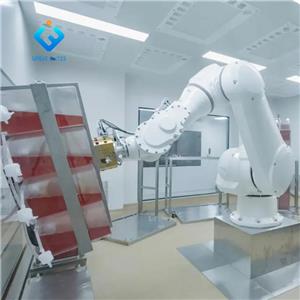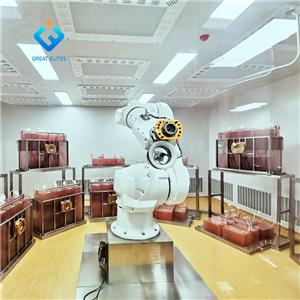Which cells are suitable for cell factory culture
Which cells are suitable for cell factory culture
With the in-depth development of life science, cell culture technology has been widely used in many fields such as biopharmaceutical, vaccine industrial production, monoclonal antibody and so on. According to the different growth modes of cells, they can be divided into adherent cells and suspended cells. Which cells are mainly suitable for the culture of cell factories?
Cell factory is a multi-layer structure of cell culture consumables. The common specifications include 1 layer, 20%, 5 layers, 10 layers, 40 layers, etc. it is mainly used for the culture of adherent cells. The growth of adherent cells must have a support surface that can be attached. The cells can grow and reproduce on this surface only by the adhesion factors secreted by themselves or provided in the culture medium. After the cells adhere to the wall, the culture surface is generally covered several days later, and a dense cell monolayer is formed, such as Vero cells, HEK 293 cells, car-t cells, MRC5, CEF cells, porcine alveolar macrophages, myeloma cells, DF-1 cells, St cells, PK15 cells, marc145 cells, etc. are all cultured in cell factories.
In addition, this consumable can also be used for static culture of suspended cells. Suspension cell refers to the cell growth that does not depend on the support surface and grows in suspension in the culture medium, such as lymphocytes. The cell factory is generally produced from polystyrene raw materials, and the surface is hydrophobic. If it is used for adherent cell culture, the surface needs to be treated with TC to increase its hydrophilicity, which is suitable for cell adherent growth.




